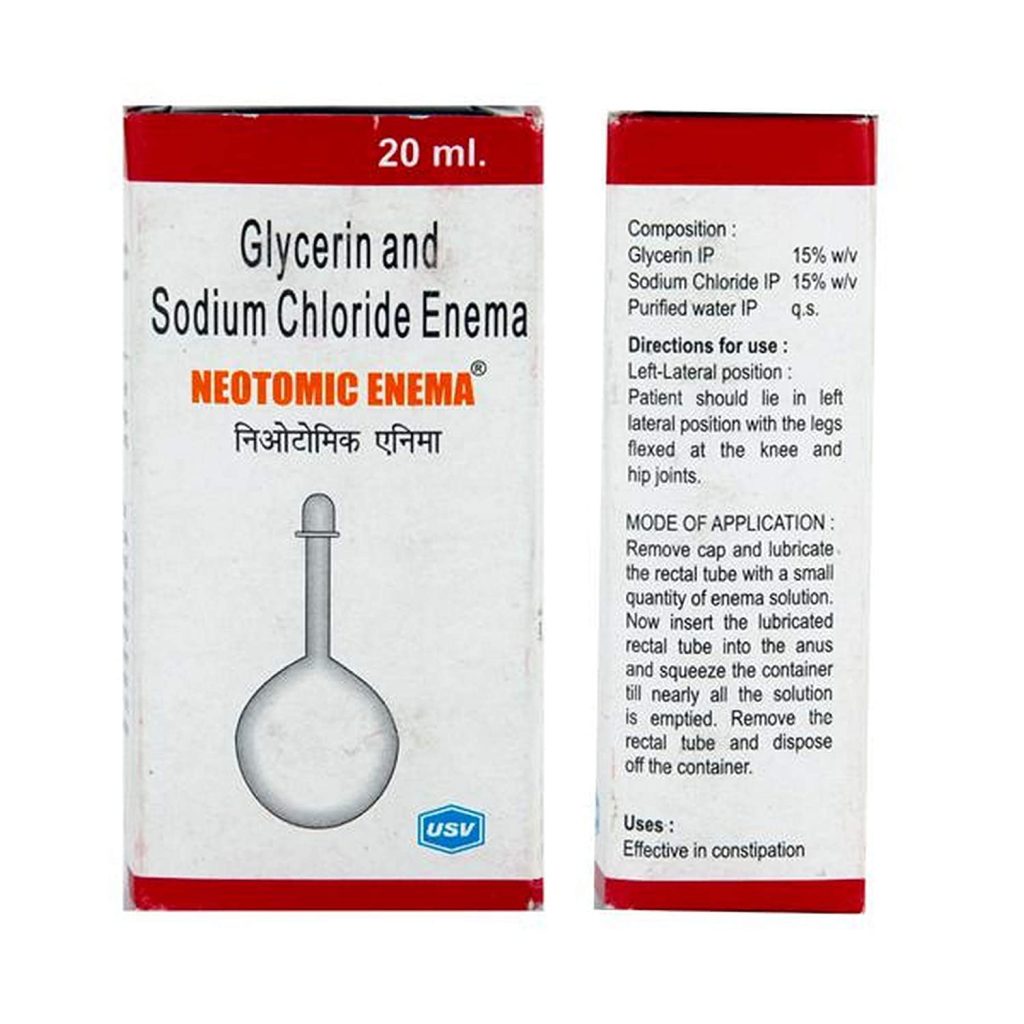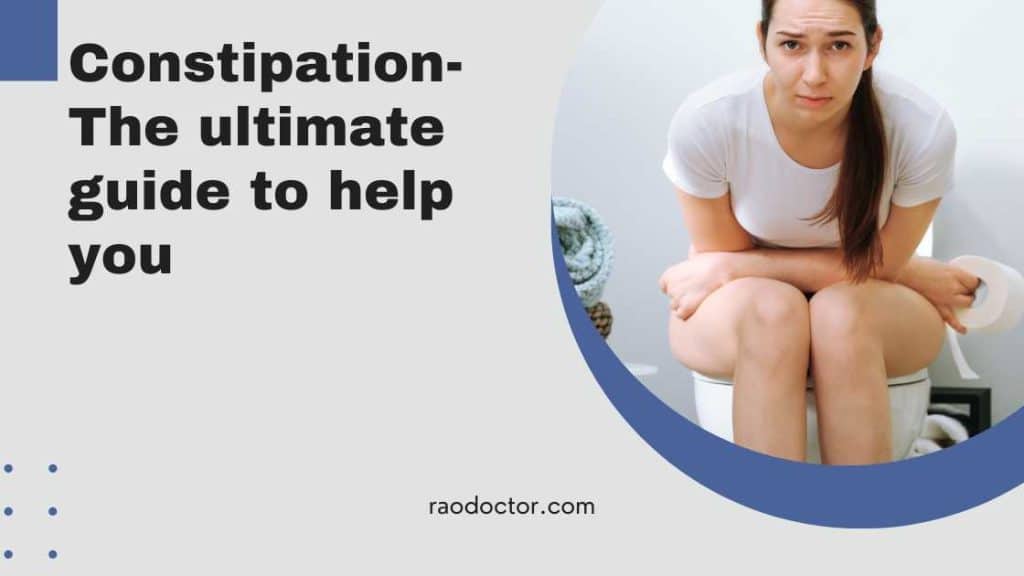Table of Contents
What is constipation?
In my last article, my final words were that my next article will be on a condition related to anorectal diseases.
So, here we are, we will learn all about an ailment that most of us have experienced at one time or the other- difficulty to pass stools, commonly referred as constipation.

This is a common digestive problem that affects millions of people worldwide. It can be uncomfortable, sometimes painful, and downright frustrating to deal with.
If you’re tired of struggling with constipation and looking for a solution that actually works, then you’re in the right place.
In this ultimate guide, we’ll explore everything you need to know about beating constipation once and for all.
From understanding the causes of constipation to learning how to make simple lifestyle changes that can help keep your bowels moving smoothly, we’ve got you covered.
So, if you’re ready to say goodbye to straining and hello to a healthier, happier digestive system, let’s dive in!
Understanding Constipation
Constipation is a condition in which there is difficulty in passing stools, and the frequency of bowel movements is reduced. It is a common digestive problem that affects people of all ages.
It can occur due to various reasons, including a lack of fiber in the diet, dehydration, lack of exercise, certain medications, and underlying health conditions.
Another very important cause is ignoring the urge to go for motions even after you feel that it is coming. This, if done on a regular basis slows down your bowel movement and causes chronic constipation.
So, some people experience constipation occasionally, while others may experience it chronically.
Common Causes of Constipation
Constipation can be caused by various factors, such as:
1. Low-Fiber Diet: A diet that lacks fiber can pose difficulty in defecation. Fiber is essential for the digestive system to function correctly. It adds bulk to the stool, making it easier to pass.
2. Dehydration: When the body is dehydrated, the stool becomes hard and difficult to pass.
3. Lack of Exercise: A sedentary lifestyle can cause stagnation of stools. Exercise helps in stimulating the digestive system, making it easier to pass stool.
4. Medications: Certain medications, such as painkillers, antidepressants, and blood pressure medications, can cause stools to become hard and slow down defecation.
5. Underlying Health Conditions: Certain health conditions, such as irritable bowel syndrome (IBS), hypothyroidism, and diabetes, can cause constipation.
6.Strictures or obstruction: Sometimes there may be narrowing of the large intestines due to previous infections or inflammation making it difficult for the stools to pass through easily.
Symptoms of Constipation
The symptoms of constipation include:
1. Difficulty in Passing Stool: The stool becomes hard and dry, making it difficult to pass.
2. Infrequent Bowel Movements: The frequency of bowel movements reduces, and some people may go without a bowel movement for several days.
3. Abdominal Pain and Bloating: Constipation can cause abdominal pain and bloating, making you feel uncomfortable.
4. Anal Fissures and Hemorrhoids: Straining during bowel movements can cause anal fissures and hemorrhoids.
The Dangers of Chronic Constipation
Chronic constipation can lead to various complications, such as:
1. Hemorrhoids: Straining during bowel movements can cause hemorrhoids, which are swollen veins in the rectum and anus.
2. Anal Fissures: Chronic constipation can cause anal fissures, which are small tears in the anus that can cause pain and bleeding.
3. Rectal Prolapse: Straining during bowel movements can cause the rectum to protrude from the anus.
4. Bowel Obstruction: In severe cases, chronic constipation can lead to a bowel obstruction, which is a blockage in the intestine that can cause severe pain and require emergency medical attention.
Natural Remedies for Constipation – Diet and Lifestyle Changes
One of the most effective ways to prevent and treat constipation is to make simple changes to your diet and lifestyle. Here are some natural remedies for constipation:
Fiber-Rich Foods That Prevent Constipation
Eating foods that are high in fiber can help prevent constipation. Some of the fiber-rich foods include:
1. Fruits and Vegetables:
Fruits and vegetables are high in fiber and water, making them an excellent choice for having soft stools. Some of the best options include apples, pears, berries, broccoli, and spinach.
2. Whole Grains:
Whole grains are rich in fiber and can help prevent this ailment. Examples include brown rice, whole wheat bread, and oatmeal.
3. Legumes:
Legumes, such as beans, lentils, and chickpeas, are high in fiber and protein, making them an excellent choice for preventing constipation.
You can read all about fibers in the article below-
Hydration Tips for Regular Bowel Movements
Drinking plenty of water is essential for preventing constipation. Here are some hydration tips for regular bowel movements:
1. Drink Plenty of Water: Drinking at least eight glasses of water a day can help soften stools and help bowel movement.
2. Avoid Caffeine and Alcohol: Caffeine and alcohol can cause dehydration, leading to hard stool formation.
3. Eat Water-Rich Foods: Eating foods that are high in water content, such as watermelon and cucumber, can help prevent constipation.
Herbs and Supplements for Constipation Relief
Certain herbs and supplements can help relieve constipation. Some of the most effective options include:
1. Psyllium Husk: Psyllium husk is a natural fiber supplement that can help create bulk and regulate bowel movements efficiently.
2. Magnesium: Magnesium can help relieve constipation by relaxing the muscles in the intestines.
3. Aloe Vera: Aloe vera products help by promoting bowel movements.
Over the Counter and Prescription Medications
In some cases, over the counter and prescription medications may be necessary to treat constipation. Some of the most common options include:
1. Laxatives: Laxatives are medications that help pass stool. They work by either softening the stool or stimulating the bowel.
Commonly prescribed laxatives- Sodium picosulphate[Cremalax], Bisacodyl [Dulcoflex]
2. Stool Softeners: Stool softeners help soften the stool, making it easier to pass.
3. Enemas: Enemas involve injecting fluid into the rectum to help soften the stool and stimulate bowel movements.

Prefilled enema liquid is available in the pharmacy for giving enema at home. Example-Neotomic Enema.
When to Seek Medical Attention for Constipation
In most cases, constipation can be treated with simple lifestyle changes and over-the-counter medications. However, there are certain situations where you should seek medical attention, such as:
1. Severe Pain: If you experience severe pain during bowel movements, you should seek medical attention.
2. Bleeding: If you notice blood in your stool or on the toilet paper, you should seek medical attention.
3. Chronic Constipation: If you experience chronic constipation, you should talk to your doctor to rule out any underlying health conditions.
Conclusion
Constipation is a common digestive problem that can be uncomfortable and frustrating to deal with. However, by making simple lifestyle changes, such as eating a fiber-rich diet, drinking plenty of water, and exercising regularly, you can prevent and treat it.
In some cases, over the counter and prescription medications may be necessary to provide relief. If you experience severe pain, bleeding, or chronic constipation, you should seek medical attention.
With the tips and remedies outlined in this guide, you can say goodbye to straining and hello to a healthier, happier digestive system.
Final Words
If you have found this article useful, please consider sharing it to your friends and groups using the social media icons at the end of this article. Alternately, you can Click to Tweet here-
Constipation: The Ultimate Guide for You Share on XIn my previous articles, I have discussed different nutrients like Proteins, Carbohydrates, Fats and Vitamins. In my next article, I will be discussing some very important micronutrients that you can easily get from our plate of daily food.
You only have to know which food item to add to get them. Do subscribe to Dr. K.P. V. Rao’s Health Blogs by signing up with your email ID to get my next blog in your mailbox.
Adios.
